Today and every day, we're celebrating these people and the positive impact they've had on the planet 🌎
Pınar Ateş Sinopoulos-Lloyd
"Pınar Sinopoulos-Lloyd (they/them) is an award-winning Indigenous multi-species futurist, mentor, wildlife tracker and trans eco-philosopher. They along with their spouse are the co-founders of Queer Nature, a transdisciplinary “organism” stewarding earth-based queer community through ancestral skills, interspecies kinship and rites of passage."
Precious Brady-Davis
"A trans woman from Chicago, Precious is the Associate Regional Communications Director for the Sierra Club’s Beyond Coal campaign, which seeks to close all coal plants in the U.S. and replace them with clean energy. She is also a speaker, author, and DEI (diversity, equity, and inclusion) consultant."
Vic J. Barrett
"Since he was 14, Barrett has been attempting to bend the world and the people who run it to care more, feel more, do more in response to the urgent ecological crises humanity faces. In 2015, he joined 20 other young people to sue the U.S. federal government for its role in fueling the climate crisis."
Find out more about the lawsuit filed by Vic and his group here.










